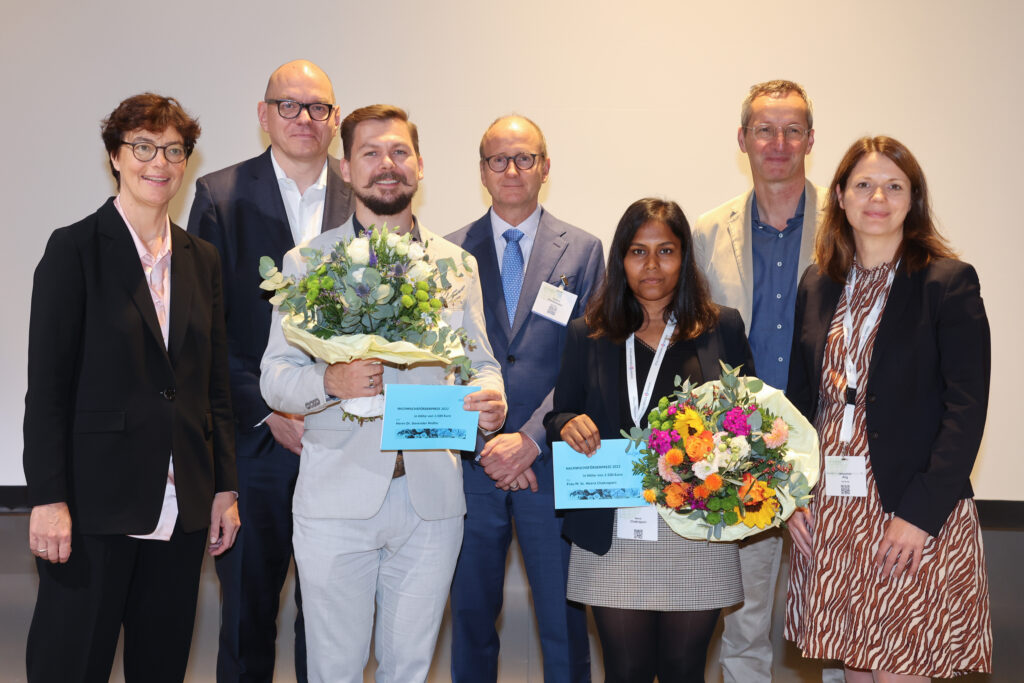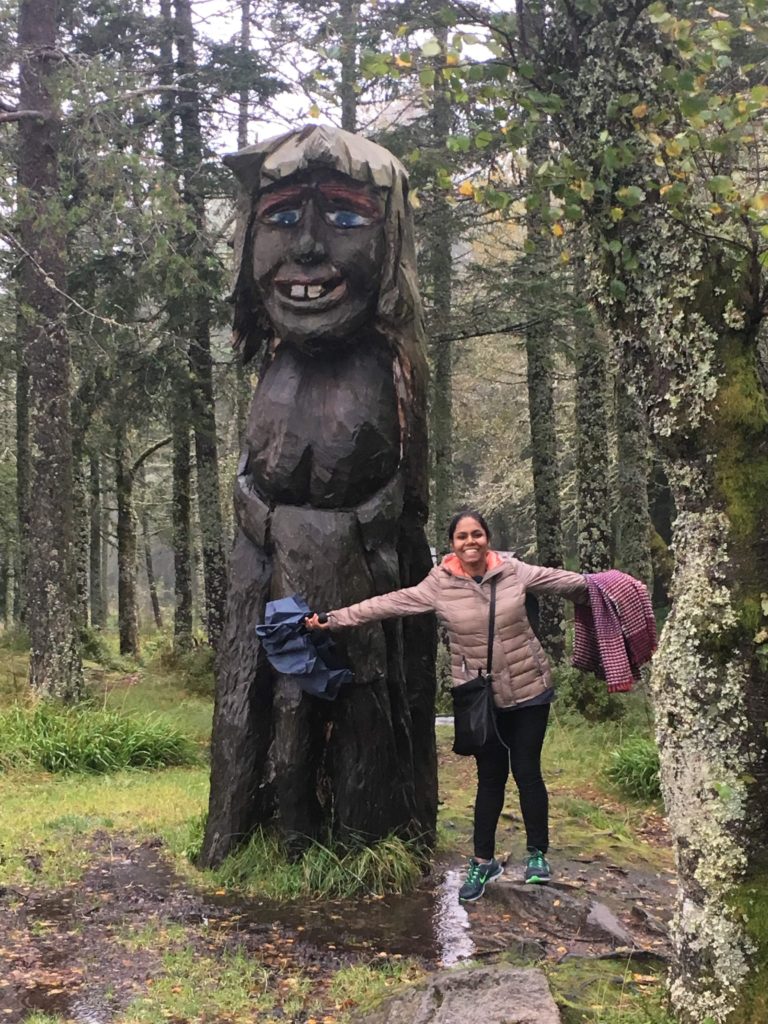In conversation with our young researchers: Neera Chakrapani
20 January 2023

Red meat allergy
Around 50% of European population is predicted to develop some form of allergy in the coming decade. Therefore, there is an urgent need to understand mechanisms behind different allergies, such as the red meat allergy, and to develop diagnostic, preventive, and protective measures.
How can we better understand red meat allergy and the mechanism behind the delayed appearance of allergic symptoms?
Neera Chakrapani is fourth-year PhD candidate in the Department of Infection and Immunity in the Luxembourg Institute of Health (Molecular and Translational Allergology group). Her research work focuses on understanding molecular mechanisms of red meat allergy, a tick-borne disease, and the mechanism behind the delayed appearance of allergic symptoms upon ingestion of meat.
Carbohydrate reaction
In the past few decades, there has been a significant increase in allergy burden. Moreover, with an increased preference for a western lifestyle and industrialization, cases of allergy are sharply on rise in developing countries as well.
The subject Neera chose for her PhD is therefore a public health issue: understanding molecular mechanisms of carbohydrate allergy – the alpha-Gal allergy more commonly known as red meat allergy – a delayed form of allergic reaction often occurring 2-6 hours after consumption of mammalian meat such as beef, pork, lamb and dairy-products like milk and cheese.

There is an urgent need to understand mechanisms behind different allergies and to develop diagnostic, preventive, and protective measures to ensure a better quality of life for patients and to reduce the economic burden.
Neera Chakrapani
Humans don’t naturally produce the alpha-Gal epitope due to a genetic mutation, therefore the immune system is able to raise antibodies against alpha-Gal. Neera’s major research role has been to understand the mechanism behind the delayed appearance of allergic symptoms upon ingestion of meat. She also works on understanding how physical and chemical properties of an allergen molecule can affect its allergenic potential.
In addition, Neera has looked into the source of sensitizing molecule as red meat allergy is a tick-borne disease and it is currently not known how ticks can acquire these mammalian carbohydrate structures, and when and how they inject them into humans.
The magical world of labs
Neera Chakrapani comes from India. After finishing her bachelor’s in Biotechnology, she worked in Information Technology for close to two years and was planning on doing an MBA.
At this point, she started missing the biology part and thus decided to pursue a master’s degree instead and work in the field of Biotechnology. She moved to Denmark in 2016 to pursue MSc in Engineering (Biotechnology) and graduated from Aarhus University in 2018. Up until then, she had never thought of doing a PhD. During her MSc., she met well established professors, very passionate about their work, who convinced her to pursue her career in research with a doctoral training.

Having discussions with them and working in the lab felt magical, I loved every moment and enjoyed the perspective that science can bring into and help shape how one looks at the world and everything that is in there. The philosophy was what fascinated me the most and I knew then that I want to go for a PhD.
Neera Chakrapani
Established academic recognition
Neera Chakrapani’s research work has already been noticed by the experts in the field as she was awarded the Young Investigator Award by the German Society of Allergology and Clinical Immunology (DGAKI). This prize is exclusively awarded to young academic scientists that markedly advanced our understanding in allergology and clinical immunology. Neera Chakrapani was awarded for her article on red meat allergy published earlier this year in The Journal of Allergy and Clinical Immunology, one of the top allergy and immunology journals.

Neera’s award winning study, entitled ‘α-Gal present on both glycolipids and glycoproteins contributes to immune response in meat-allergic patients’, further reveals how a specific type of sugar, the carbohydrate α-Gal, can cause severe allergic reactions in patients. The authors show that this allergic reaction is irrespective of α-Gal’s carrier molecule, whether it is bound to a meat lipid or protein, and that carrier proteins in particular are stable enough to withstand digestion, resulting in an allergic response hours after the ingestion of meat. Insights such as these can potentially aid in the development of new diagnostic tools for patients suffering from this still relatively enigmatic allergy.
Neera’s work is supported by collaborative funding from the Luxembourg National Research Fund (FNR), project C17/BM/11656090 and the German Research Fund DFG. The project is part of multi-annual thematic research programme (CORE) by FNR and was submitted to the 2017 CORE call. It is titled – IRGal, short for: Targeting Key Factors Involved in Immune Reactions mediated by Tick Bites to the Carbohydrate α-Gal.
European mobility
While she was doing master’s thesis on the same topic, Neera came across a position at the LIH on EURAXESS website and simply applied.
In Luxembourg, she discovered a research environment with well-funded, well-setup and high-quality laboratories and good collaboration opportunities within Luxembourg research ecosystem and on the international level.
As she already had some experience living abroad, her moving was a smooth process thanks to the University that provided to her a furnished housing for the entire duration of doctoral education.

I like the diversity very much. It is an eye-opener to see how so many people can have such a different take on things, and how they all tackle problems in such different manners. It is my most cherished learning from time spent here.
Neera Chakrapani
In the country, Neera especially loves the autumn time and enjoys going on walks, and taking train rides to see beautiful red and golden hues spread all across the country. She also loves Christmas season with markets: she never forgets to enjoy some “gluhwein” and “Gromperekichelcher” every year.










